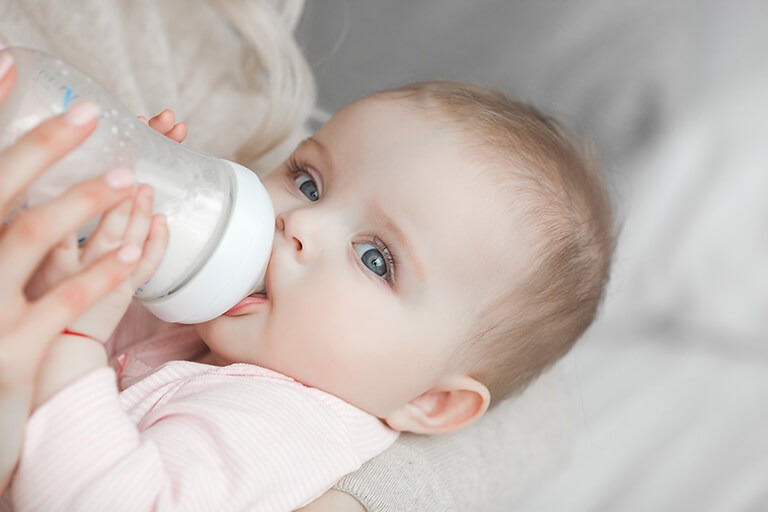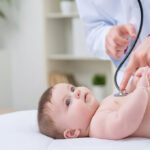Dehydration is a common problem in infants and children. Unfortunately, if not corrected early, it can lead to serious health issues for your baby. Read on to understand more about dehydration.
What is Dehydration?
Most newborn pediatricians attest that dehydration is a common condition in infants and children that occurs when they lose more water than the amount of fluid being taken.
The excessive loss of body fluid, such as water, results in loss of blood volume. As a result, the heart receives low-volume blood, and less is pumped to the rest of the body.
Therefore, various parts of the body receive low oxygen and nutrients making the body not function normally.
Visiting the right consultant neonatologist will help you understand more about dehydration.
Cause of dehydration.
Dehydration may happen in your infant because of many reasons. They include:
- Diarrhea
- Vomiting
- High blood sugar called diabetes
- Fever resulting in excessive sweating
- Excessive blood loss due to trauma or an accident.
- Not drinking enough fluids, for example, when not breastfeeding adequately.
Signs and symptoms of dehydration.
There are many ways you can tell your baby is dehydrated. You should watch for the following signs of dehydration in your infant.
- Dry skin, tongue, and mucous membranes
- Thirst
- They reduced urine output. You can tell your baby has reduced urine output if they wet less than six diapers daily.
- Crying infant with very little or no tears
- Sunken fontanelle – soft spot on your baby’s head.
- Rapid and deep breathing
- Cool and blotchy extremities – hand, hands, and feet.
- Delayed skin pinch for more than 2 seconds.
When your infant is severely dehydrated, they may have the following signs and symptoms
- Very fussy
- Wrinkled skin
- Urinate highly concentrated urine once or twice a day
- Cool and discolored extremities.
- Low blood pressure
Severe dehydration can result in life-threatening conditions such as convulsions, brain damage, blood clot formation, and death.
What should you do to help your infant get better?
You can do many things at home to help your infant get better. According to WHO (World Health Organization), all babies below six months should be exclusively breastfed on demand. So, ensure you feed your baby according to your doctor’s instructions.
Avoid giving your baby sweetened fluids such as sugary sodas or juices, as they can result in diarrhea, dehydrating your body.
Consider contacting your consultant neonatologist if your baby has signs and symptoms of dehydration or when vomiting or diarrhea increases in amount or frequency.
Book an appointment with Dr. Olfa, the best pediatrician in Dubai, and treat your child with expert care properly.
Sources
1. Dehydration (for Parents) – Nemours KidsHealth. https://kidshealth.org/en/parents/dehydration.html
2. Signs of Dehydration in Infants & Children – HealthyChildren.org. https://www.healthychildren.org/English/health-issues/injuries-emergencies/Pages/dehydration.aspx




